Russia has become the first country in Europe to use a 3D printer to construct a real residential house. https://sptnkne.ws/fKYu
Get the latest international news and world events from around the world.
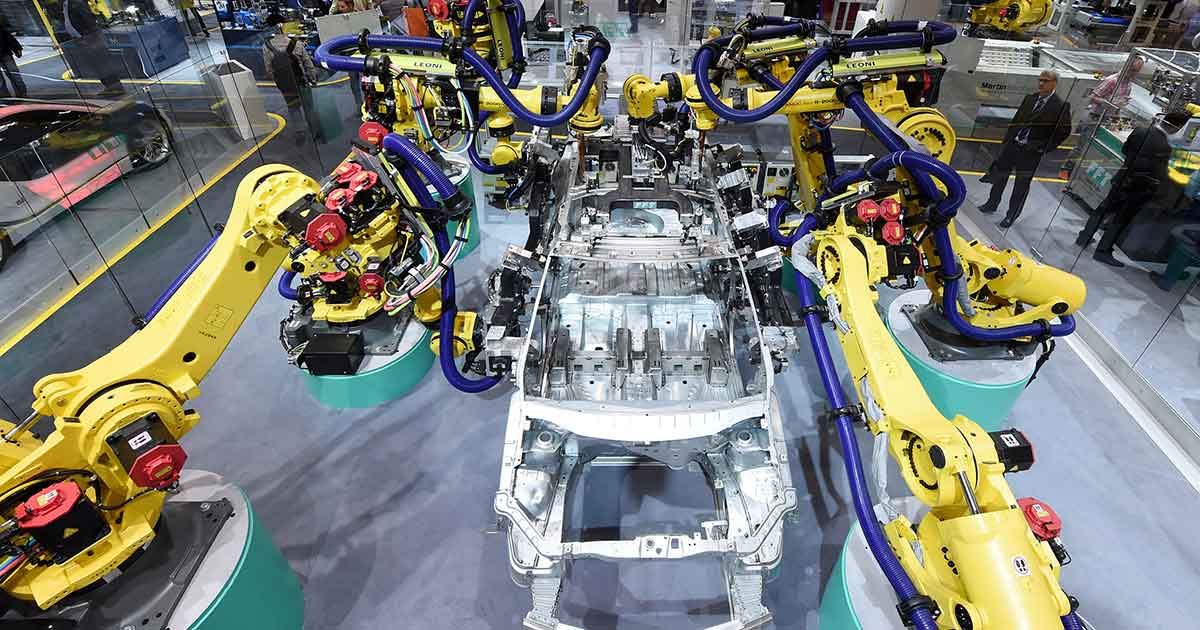
This Company’s Robots Are Making Everything—and Reshaping the World
Amid the tumult, there’s one clear winner: the $50 billion company that controls most of the world’s market for factory automation and industrial robotics. In fact, Fanuc might just be the single most important manufacturing company in the world right now, because everything Fanuc does is designed to make it part of what every other manufacturing company is doing.
Fanuc, a secretive Japanese factory-automation business, might be the planet’s most important manufacturer.
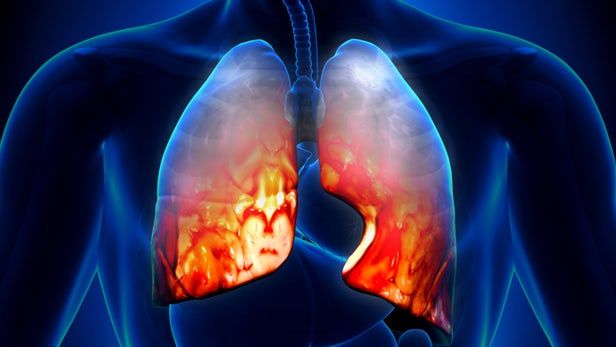
New pneumonia vaccine protects against over 70 strains of the disease
A new vaccine targeting dozens of new strains of pneumonia could potentially save “hundreds of thousands of lives” according to researchers. Early studies show the new vaccine effectively protects against a variety of bacteria that causes pneumococcal disease including pneumonia, meningitis and sepsis.
Since the introduction in the early 2000s of vaccines targeting the most deadly forms of pneumonia, the World Health Organization has estimated global deaths of children from the disease have been cut in half. Alongside better nutrition and access to antibiotics, a vaccine against the 23 most deadly pneumonia-causing bacteria has been held as responsible for the millions of lives saved.
Now a team of scientists from the University at Buffalo and New York University’s Langone Medical Center has developed a new vaccine that targets another 50 strains of a bacterium called Streptococcus pneumoniae, the primary bacteria responsible for pneumococcal disease.
Portable gadget instantly chills any beverage
This thing can chill wine in less than 30 seconds (via In The Know).

Amazon, Google Lobbyists Warn Regulators to Keep Their Hands Off AI
A lobbying group representing top artificial-intelligence companies including Amazon.com Inc., Facebook Inc. and Google issued a warning to lawmakers on Tuesday: hands off our algorithms.
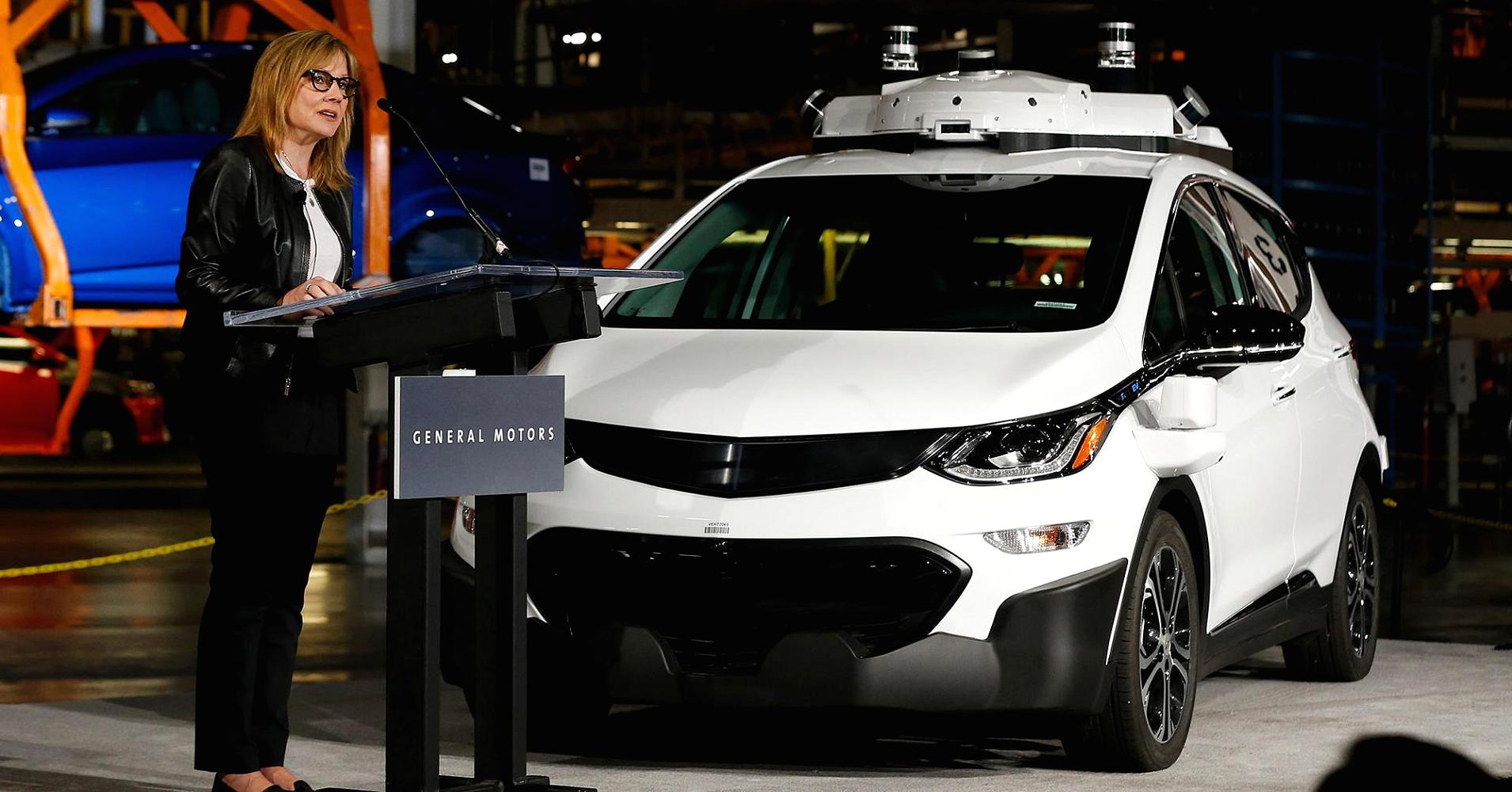
Scientists Discover How The Brain Controls Ageing – And Manage To Slow It Down
Are you ready to live longer?

Circadian Rhythm
Throw out all your clocks and your body still has a rough idea of the time of day. That’s because it has it’s own clock – the body clock. It tells the cells in your body what time of day it is and so controls a whole bunch of different processes that need to be carefully timed and coordinated in order for your body to work properly.
Keeping your cells in sync creates a certain rhythm to what they do all day and night – a circadian rhythm. And it isn’t just us that have it but plants and animals too.
Circadian rhythms roughly follow a 24-hour cycle, so we feel sleepy at night and awake in the morning. It also affects our eating habits, digestion, body temperature and alertness. How? By controlling hormone production.
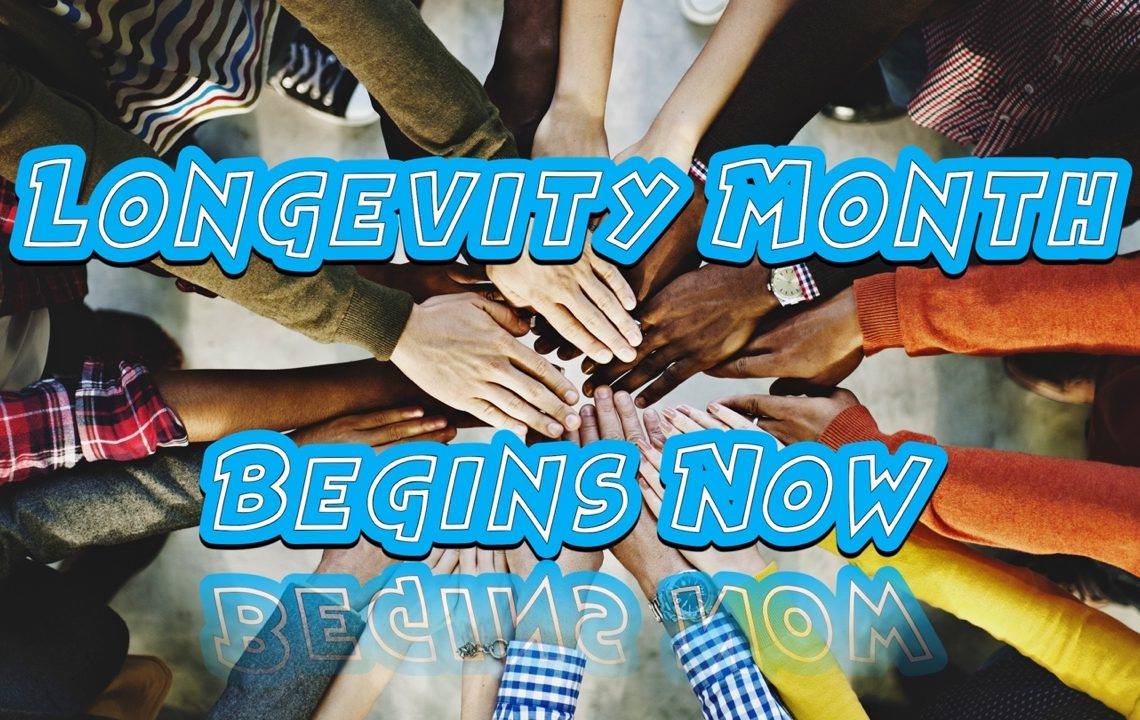
I Am The Lifespan
Over the past few years, there has been a tradition of longevity researchers and activists around the world to organize events on or around October 1 — the UN International Day of Older Persons, or Longevity Day. In recent years this has been extended to include the entire month of November as a Longevity Month where activists organize various activities and events to raise awareness for aging research.
This year we have continued this tradition with the Longevity Month “I am the Lifespan” event, where people tell us their story and how they got interested in aging research and doing something about age-related diseases. and it has been a great success so far. Lots of people have sent in their stories and we have been publishing them on our Facebook page the last few weeks. We wanted to share some of these stories with you and a little about the people behind them.
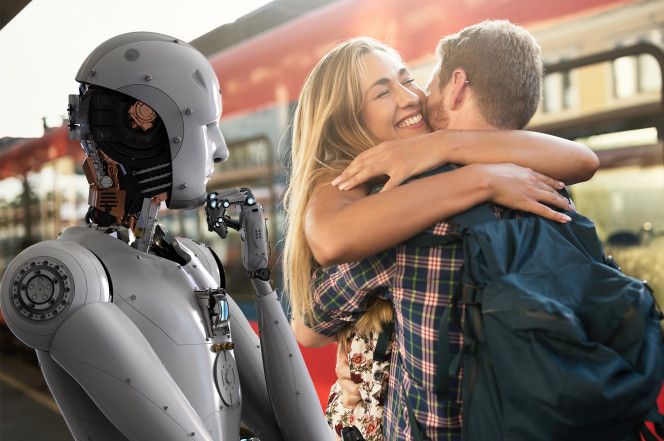
Google’s AI is binge-watching human behavior on YouTube
Robots are watching us. Literally.
Google has curated a set of YouTube clips to help machines learn how humans exist in the world. The AVAs, or “atomic visual actions,” are three-second clips of people doing everyday things like drinking water, taking a photo, playing an instrument, hugging, standing or cooking.
Each clip labels the person the AI should focus on, along with a description of their pose and whether they’re interacting with an object or another human.